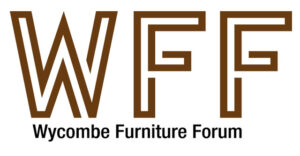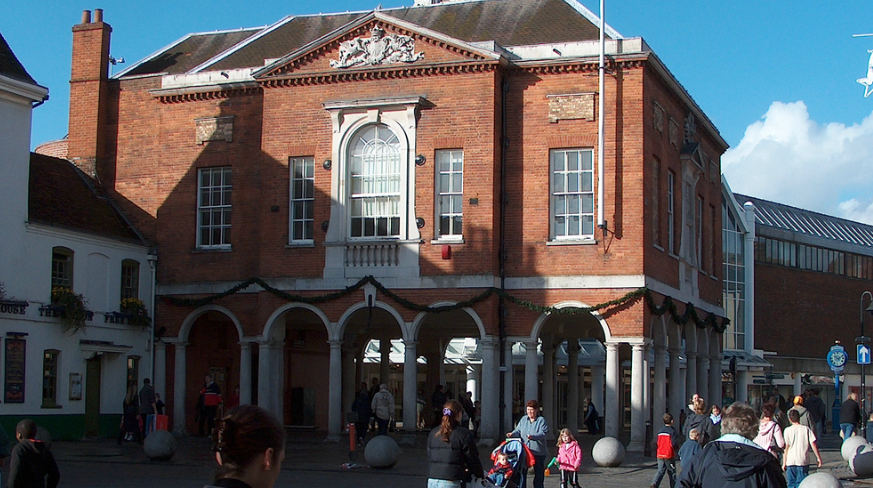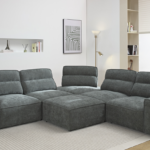A new furniture initiative has been set up to explore the future of manufacturing in High Wycombe, a town once labelled as the heart of furniture manufacturing in the UK.
The Wycombe Furniture Forum (WFF), led by Peter Spence, aims to promote High Wycombe as a centre of creativity and opportunity within the furnishings industry.

“The first thing was that I consulted with a few of my former contacts in the furniture design sector to share the idea of forming an alliance with business, education and local government to support regeneration plans in High Wycombe.
Then a Steering Group was established and members included Henry Tadros – ercol, James Keen – Hypnos, Sri Kartini-Leet – Head of School of Design at BNU, Paul Stead – former CEO at Fitch Design, Heather Morley – Editor of High Wycombe Life, Rob Hamilton – CEO William Hands and Philippa Batting – CEO Bucks Business First.
“Everyone involved knew the heritage of the furniture industry in High Wycombe, but it was agreed that more information on the current state of the local furniture sector was also needed if any initiatives around the sector were to be considered,” Peter said.
The group explored the current condition of the wider furniture sector in Wycombe and the surrounding area, opportunities in the sector, barriers to further development and how to progress with the initiative.
“What emerged was a plan to explore the desirability and feasibility of setting up some sort of body whose aims would be to support a strategy of ‘making the sector the best it could be in delivering secure, well paid satisfying employment to the next generation’.
“Any initiative of this type would require WFF aligning its objectives like ‘Growth, Skills and Sustainability’ with local economic strategies. This initiative originally nailed its colours to the ‘regeneration’ mast to elicit interest from Buckinghamshire Council as a vehicle aimed at supporting the High Wycombe ‘Regeneration Strategy’.
“As investigations unfolded it became clear that this approach would need some adjustment. A more bluntly described objective might need to be expressed as ‘arresting the decline of the industry and securing its future for the next generation’.”
As the initiative progressed, the Steering Group was stood down and replaced by an Advisory Board, initially comprised of Henry Tadros, Sri Kartini-Leet and Philippa Batting to oversee the development of the next stages to be carried out by Peter Spence and Helen Prendergast, business strategist, coach and furniture enthusiast.
“Their role is to produce an implementation plan considering and addressing the identification of sector needs and how WFF might address these needs; monetisation possibilities of the WFF offer will follow,” Peter added.
“The Advisory Board will be supplemented with an Expert Panel drawn from the industry ‘great & good’ not restricted to the furniture sector. Early members are an AI consultant and someone from the financial sector.
“There needs to be a buy-in to this initiative principally from the industry; at present there is interest in the concept and some cheering from the touchline. However, the real test will be when we take the field, there then comes the need to buy-in to delivery. That is what the Advisory Board needs to judge and decide upon. Does this exercise continue to look desirable and feasible?
“There are lots of players in the wider furniture sector, it is important that businesses in the area have a local and powerful voice. What we are proposing here could have wider application around the country and it would be good to hear from others whether these proposals resonate.”
For more information on the Wycombe Furniture Forum proposal, contact Peter Spence on 07788 620727 or email prspence@btinternet.com.














